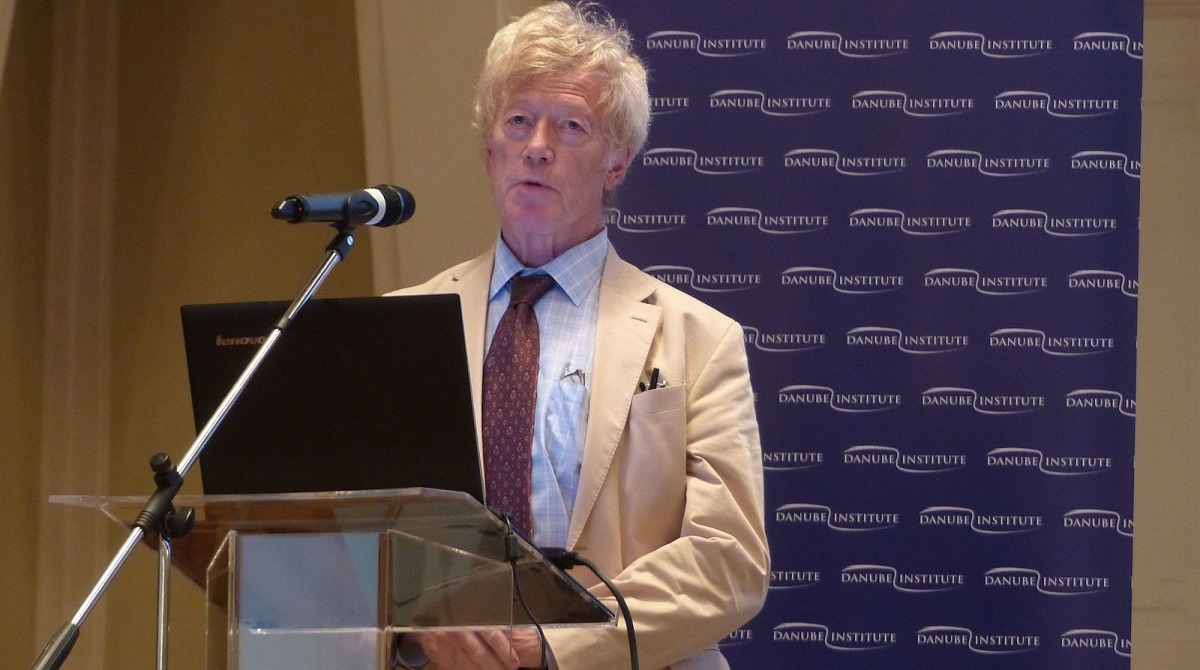Roger Scruton knew the precious value of freedom
The death of Sir Roger Scruton is a loss that our troubled culture can ill afford. He was Britain’s greatest contemporary philosopher and also its most lyrical.
Much misrepresented and traduced, Sir Roger analysed, defended and embodied conservatism which he understood to a rare degree. He articulated and championed the deep connections between conservatism, the English countryside and national identity.
He recognised that without a shared home and culture based on the inherited values, customs and laws of a nation state there can be no sense of “we”. Above all, Sir Roger realised that conservatism was about the defence of collective memory and freedom, or it was nothing.
In Britain, he witnessed at first hand the “long march through the institutions” which undermined core values along with enterprise, national sovereignty and patriotism.
In communist eastern Europe, he bravely helped dissidents to fight oppression, culminating in his own arrest and expulsion from Czechoslovakia in 1985.
In How to Be a Conservative, he wrote that ordinary people were trying to “live by their lights, raising families, enjoying communities, worshipping their gods and adopting a settled and affirmative culture — these attempts are scorned and ridiculed by the Guardian class.”
As a result, he wrote, conservatives now had to “move quietly and discreetly…known only to each other as they move in disguise”. At the same time, he realised that many of them no longer understood what they needed to conserve. So his Conservative Philosophy Group tried to restore conservatism to the Conservative Party.
We should remember him not for the horrible hit-job which blighted the end of his life but for his sweetness of character, dry wit and magnificent writing, which will remain in our minds and hearts and through which he will continue to teach us about truth, freedom and what it is to be human.
May his memory be for a blessing.
To read my whole Times column (£), please click here.




